Clean Energy Blow: Hornsea 4 Wind Farm Project Cancelled
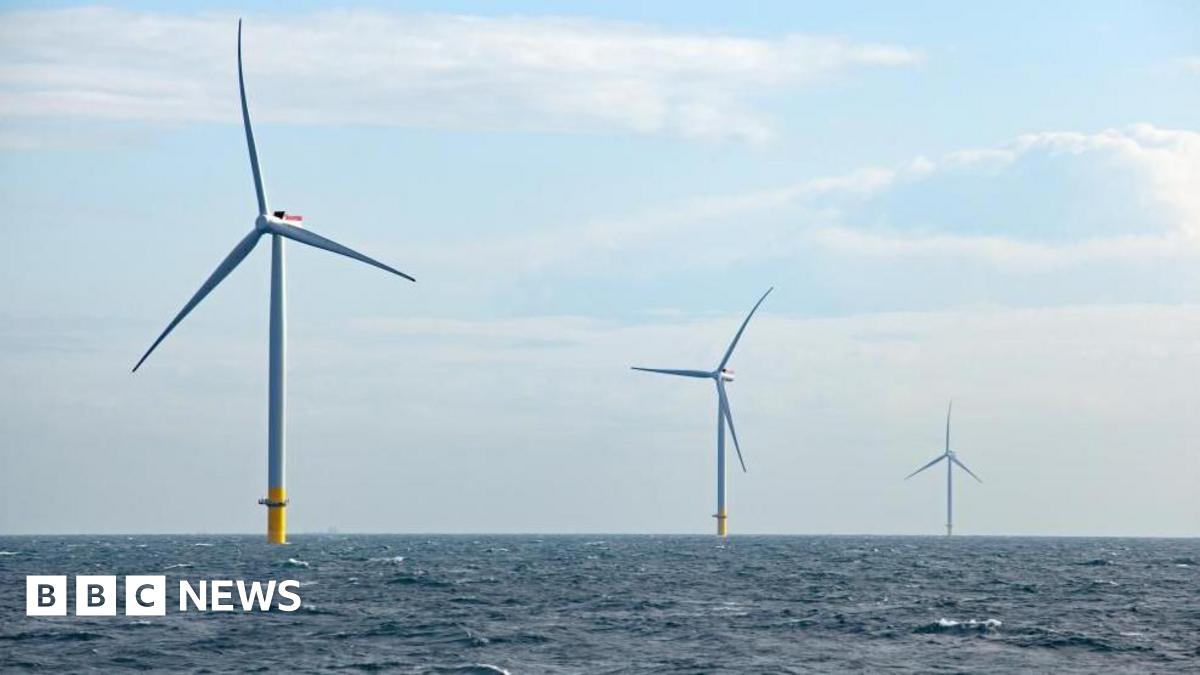
Welcome to your ultimate source for breaking news, trending updates, and in-depth stories from around the world. Whether it's politics, technology, entertainment, sports, or lifestyle, we bring you real-time updates that keep you informed and ahead of the curve.
Our team works tirelessly to ensure you never miss a moment. From the latest developments in global events to the most talked-about topics on social media, our news platform is designed to deliver accurate and timely information, all in one place.
Stay in the know and join thousands of readers who trust us for reliable, up-to-date content. Explore our expertly curated articles and dive deeper into the stories that matter to you. Visit Best Website now and be part of the conversation. Don't miss out on the headlines that shape our world!
Table of Contents
Clean Energy Blow: Hornsea 4 Wind Farm Project Cancelled
The UK's ambitious clean energy plans have suffered a significant setback with the cancellation of the Hornsea 4 offshore wind farm project. This decision, announced by Ørsted, the Danish energy company behind the project, sends shockwaves through the renewable energy sector and raises concerns about the UK's commitment to its net-zero targets. The cancellation underscores the challenges facing large-scale renewable energy projects, highlighting the complex interplay of economic factors, regulatory hurdles, and fluctuating energy markets.
A Major Setback for UK's Net-Zero Ambitions
The Hornsea 4 project, planned to be one of the world's largest offshore wind farms, was poised to significantly boost the UK's renewable energy capacity. Its cancellation represents a considerable blow to the UK government's ambitious goal of achieving net-zero emissions by 2050. The project's potential to generate clean energy for millions of homes will now be lost, potentially delaying the country's progress towards its climate targets. This development raises questions about the viability of similar large-scale projects and the support mechanisms needed to ensure their success.
Ørsted Cites Economic Factors as Primary Reason
Ørsted cited the current challenging economic climate and the rising costs associated with offshore wind farm construction as the main reasons for the cancellation. Increased inflation, supply chain disruptions, and rising interest rates have significantly impacted the project's financial viability, making it unsustainable for the company to proceed. This highlights the vulnerability of large-scale renewable energy projects to macroeconomic fluctuations and the need for robust financial planning and risk management strategies.
Impact on the Renewable Energy Sector and Supply Chain
The cancellation of Hornsea 4 will have a ripple effect throughout the renewable energy sector. Thousands of jobs that were expected to be created during the construction and operational phases of the project are now at risk. Furthermore, the cancellation could negatively impact the supply chain, affecting companies that were involved in the project's development and those who had anticipated future contracts. This emphasizes the interconnectedness of the renewable energy industry and the need for long-term planning and stability to mitigate risks.
Looking Ahead: What Does This Mean for Future Projects?
The Hornsea 4 cancellation serves as a cautionary tale for future large-scale renewable energy projects. It underscores the crucial need for:
- Robust Government Support: Clear and consistent government policies, including stable investment incentives and streamlined regulatory processes, are essential to ensure the financial viability of such projects.
- Improved Risk Management: Thorough risk assessment and mitigation strategies are vital to address potential economic and market fluctuations.
- Diversification of Funding Sources: Exploring a wider range of funding sources, including public-private partnerships and green bonds, can reduce dependence on fluctuating market conditions.
- Technological Advancements: Continued innovation in offshore wind technology can help reduce costs and improve efficiency, making projects more financially attractive.
The Path to Net-Zero Remains Challenging
While the cancellation of Hornsea 4 is a setback, it should not derail the UK's commitment to its net-zero targets. The challenge lies in learning from this experience and implementing necessary adjustments to ensure the success of future renewable energy projects. This requires a collaborative effort between government, industry, and investors to create a supportive environment for clean energy development. The future of renewable energy in the UK, and globally, depends on it. Further analysis is needed to fully understand the long-term impact of this cancellation and to inform future policy decisions. Stay tuned for further updates on this developing story.

Thank you for visiting our website, your trusted source for the latest updates and in-depth coverage on Clean Energy Blow: Hornsea 4 Wind Farm Project Cancelled. We're committed to keeping you informed with timely and accurate information to meet your curiosity and needs.
If you have any questions, suggestions, or feedback, we'd love to hear from you. Your insights are valuable to us and help us improve to serve you better. Feel free to reach out through our contact page.
Don't forget to bookmark our website and check back regularly for the latest headlines and trending topics. See you next time, and thank you for being part of our growing community!
Featured Posts
-
 Mantan Gubernur Bengkulu Kembali Jalani Sidang Kasus Korupsi Makin Terang
May 09, 2025
Mantan Gubernur Bengkulu Kembali Jalani Sidang Kasus Korupsi Makin Terang
May 09, 2025 -
 Roland Garros Swiatek Collins Transmisja I Data Meczu
May 09, 2025
Roland Garros Swiatek Collins Transmisja I Data Meczu
May 09, 2025 -
 Middle East To Welcome Its First Disney Theme Park A Comprehensive Overview
May 09, 2025
Middle East To Welcome Its First Disney Theme Park A Comprehensive Overview
May 09, 2025 -
 Pakistan Responds To Indias Missile Strikes Full Report
May 09, 2025
Pakistan Responds To Indias Missile Strikes Full Report
May 09, 2025 -
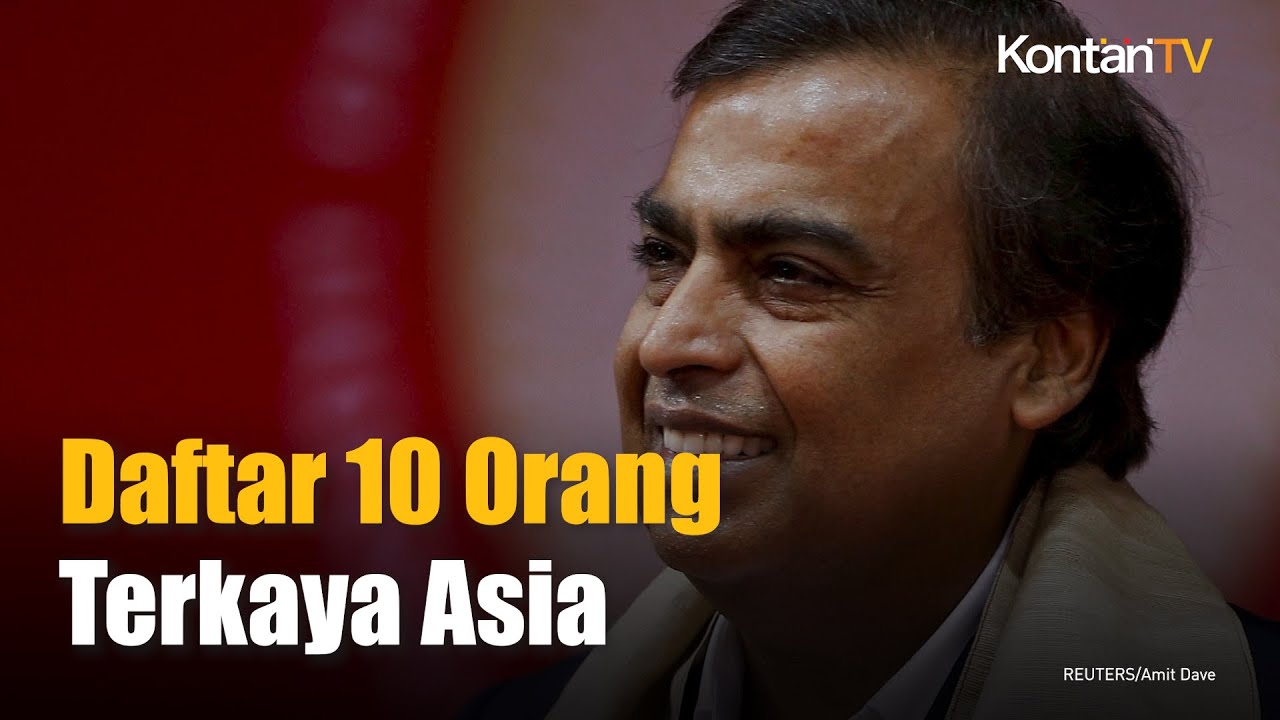 10 Orang Terkaya Asia 2024 Menurut Forbes Siapa Saja Mereka
May 09, 2025
10 Orang Terkaya Asia 2024 Menurut Forbes Siapa Saja Mereka
May 09, 2025
Latest Posts
-
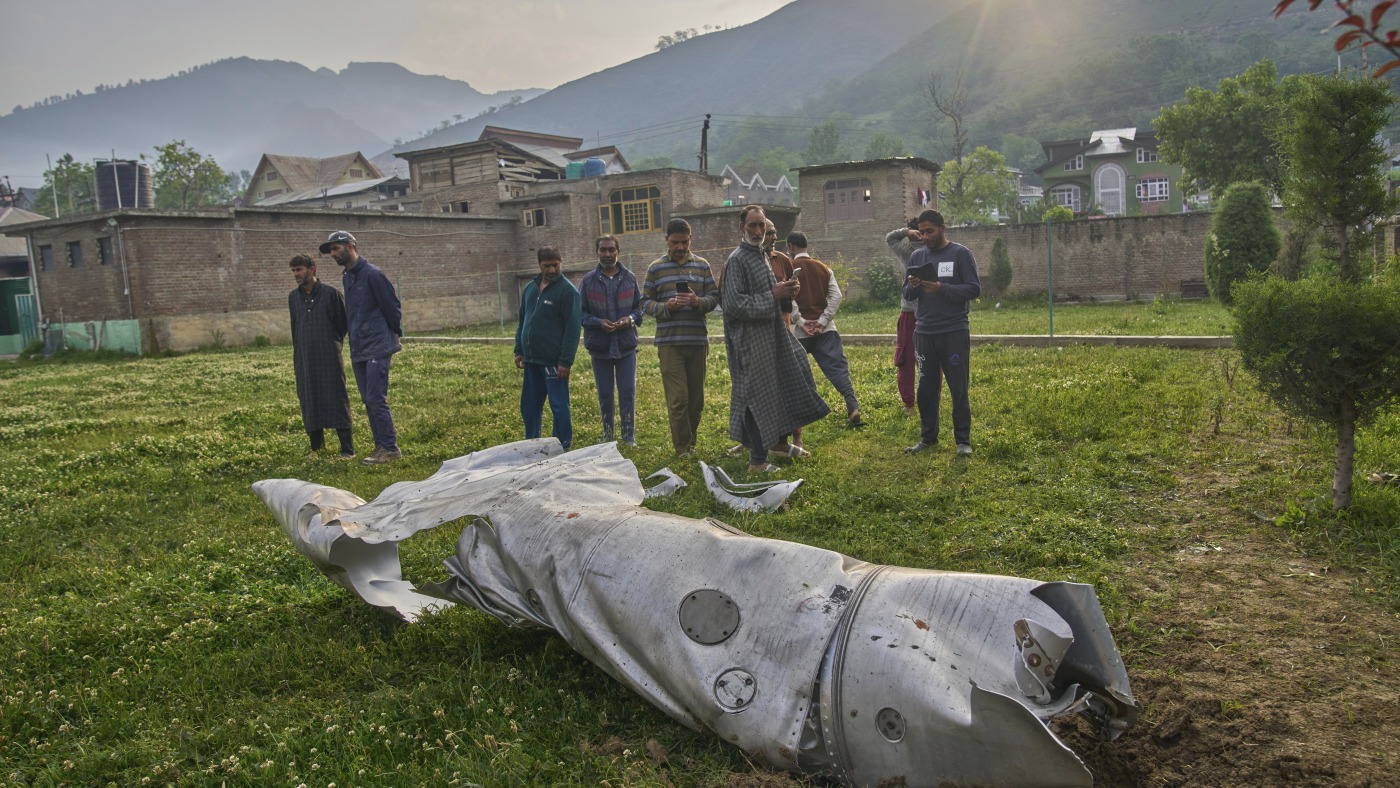 Act Of War Pakistans Strong Response To Indias Military Action
May 09, 2025
Act Of War Pakistans Strong Response To Indias Military Action
May 09, 2025 -
 Evaluasi Performa Shayne Pattynama Di Kas Eupen Sebelum Resmi Gabung Klub Baru
May 09, 2025
Evaluasi Performa Shayne Pattynama Di Kas Eupen Sebelum Resmi Gabung Klub Baru
May 09, 2025 -
 Astra Fokus Sektor Inti Capex Rp25 Triliun Dialokasikan Untuk 2025
May 09, 2025
Astra Fokus Sektor Inti Capex Rp25 Triliun Dialokasikan Untuk 2025
May 09, 2025 -
 Menuju Profesionalisme Analisis Kesuksesan Persebaya Dan Arema Fc Dalam Mendapatkan Lisensi Klub
May 09, 2025
Menuju Profesionalisme Analisis Kesuksesan Persebaya Dan Arema Fc Dalam Mendapatkan Lisensi Klub
May 09, 2025 -
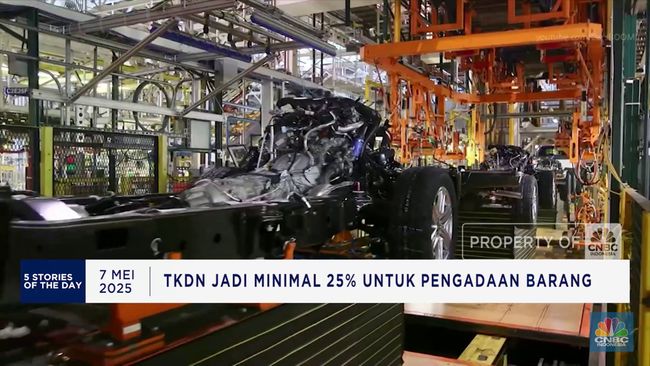 Video Bill Gates Donasikan Dana Ke Indonesia Pm Kanada Menolak
May 09, 2025
Video Bill Gates Donasikan Dana Ke Indonesia Pm Kanada Menolak
May 09, 2025 -
 Niespodzianka Iga Swiatek Zagra Z Najlepsza Przyjaciolka
May 09, 2025
Niespodzianka Iga Swiatek Zagra Z Najlepsza Przyjaciolka
May 09, 2025 -
 Bill Gates Sumbangkan Rp1 651 Triliun Masa Depan Anak Anaknya Terjamin
May 09, 2025
Bill Gates Sumbangkan Rp1 651 Triliun Masa Depan Anak Anaknya Terjamin
May 09, 2025 -
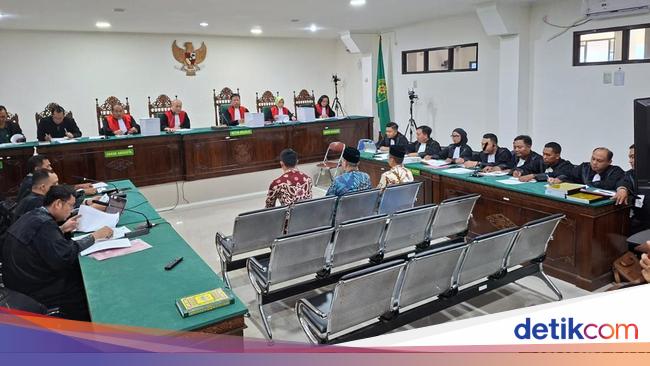 Rp 195 Juta Untuk Jabatan Pengakuan Kadis Kepada Rohidin Mersyah
May 09, 2025
Rp 195 Juta Untuk Jabatan Pengakuan Kadis Kepada Rohidin Mersyah
May 09, 2025 -
 Kiprah Shayne Pattynama Di Kas Eupen Analisis Sebelum Transfer
May 09, 2025
Kiprah Shayne Pattynama Di Kas Eupen Analisis Sebelum Transfer
May 09, 2025 -
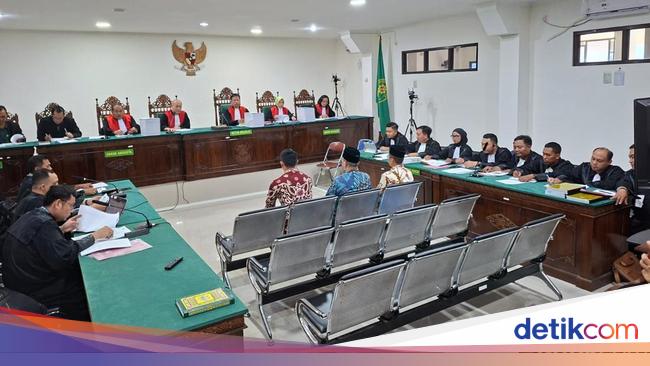 Kasus Suap Rp 195 Juta Untuk Pertahankan Jabatan Pengakuan Kadis
May 09, 2025
Kasus Suap Rp 195 Juta Untuk Pertahankan Jabatan Pengakuan Kadis
May 09, 2025
